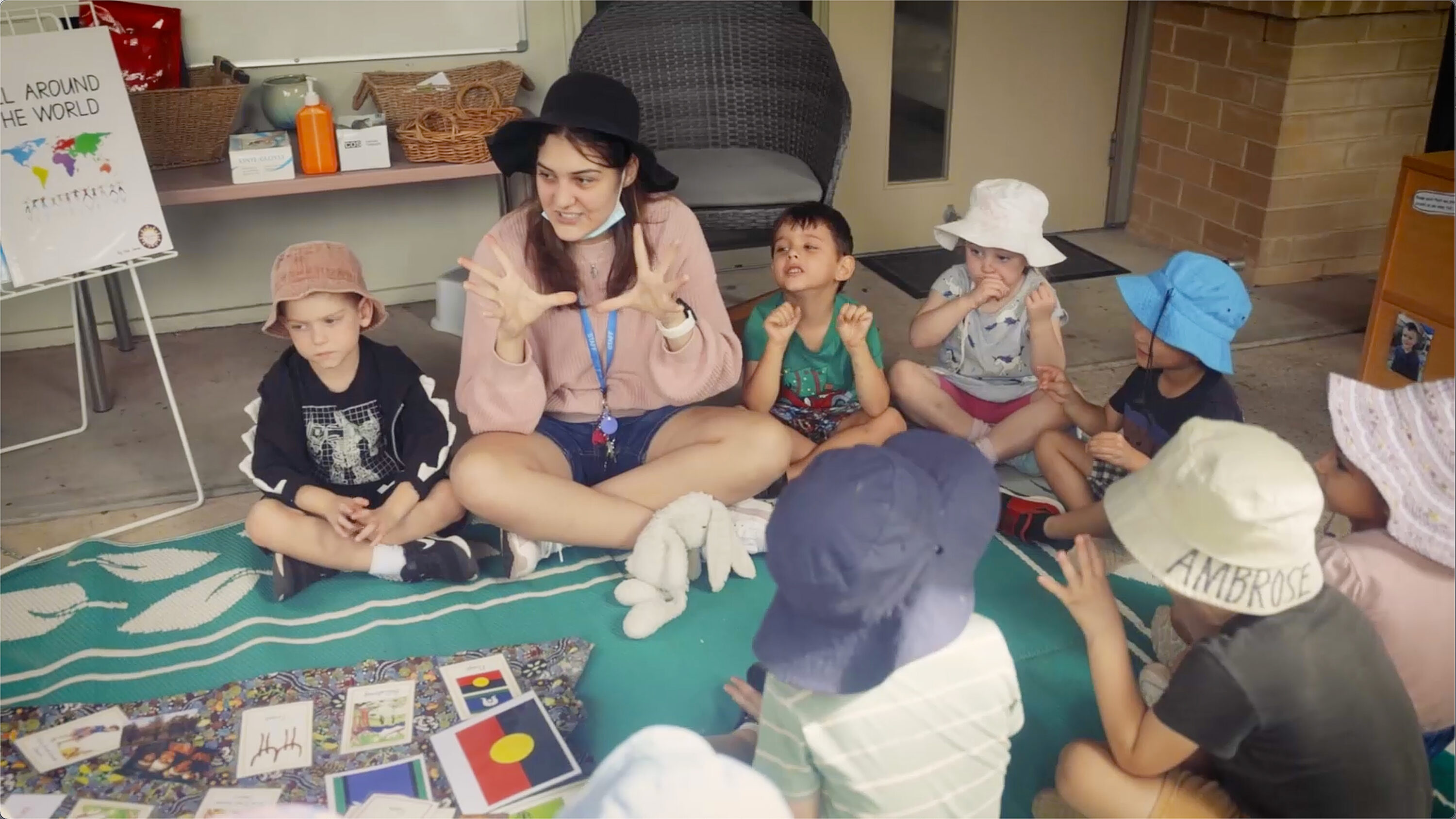
The Early Years Learning Framework
What is the Early Years Learning Framework (EYLF)?
The EYLF, officially named “Belonging, Being & Becoming: The Early Years Learning Framework for Australia,” is a national curriculum framework for early childhood education. It’s designed to ensure quality and consistency in early childhood education programs across all settings.
The EYLF outlines principles, practices, and learning outcomes that enhance young children’s learning and development. It emphasises play-based learning and the importance of communication and language, including early literacy and numeracy, and social and emotional development.
Key Principles of the EYLF
Secure, respectful, and reciprocal relationships: Educators and families work together to support children’s learning and wellbeing.
Partnerships: Recognising families as children’s first and most influential educators.
Respect for Diversity: Respecting diversity means valuing and reflecting the practices, values and beliefs of families within the curriculum.
Aboriginal and Torres Strait Islander Perspectives: Educators think deeply and seek assistance where possible, through engaging with Aboriginal and Torres Strait Islander people, about how to embed Aboriginal and Torres Strait Islander perspectives in the philosophy of the setting, their planning and implementation of curriculum.
Equity, Inclusion and High Expectations: Ensuring all children have the opportunity to reach their full potential.
Sustainability: Broadly defined, sustainability spans environmental, social, and economic dimensions which are intertwined.
Critical reflection and ongoing professional learning: Educators continuously improve their practice and reflect on their work.
Collaborative leadership and teamwork: is built on a sense of shared responsibility and professional accountability for children’s learning, development and well-being.
Exploring Play Through Nature and Movement
Guided by the Early Years Learning Framework, Ambrose Education and Care Services embrace play as a foundation for learning and development. Two key experiences – Nature Play and Physical Development – offer children rich opportunities to explore, discover, and grow.
Through these play-based approaches, children connect with their environment, build essential skills, and develop confidence in their abilities.

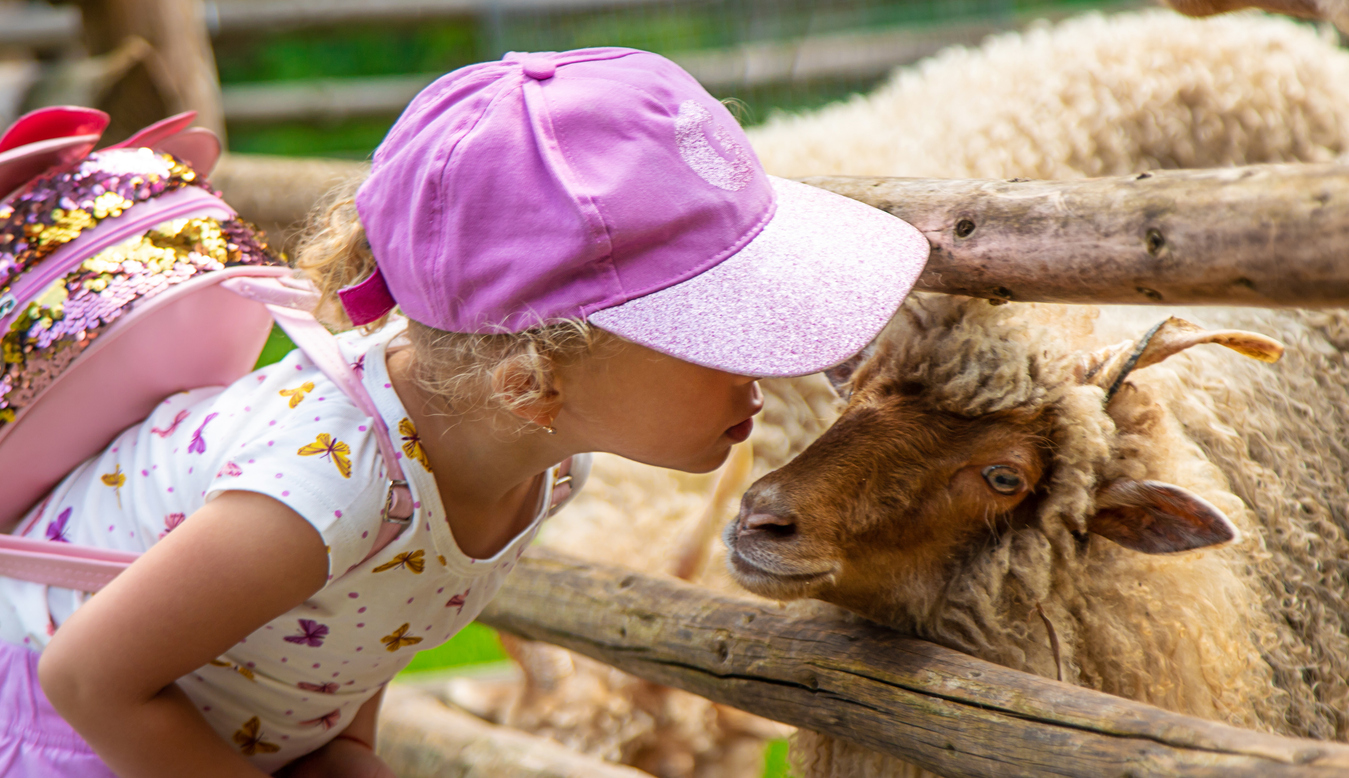
NATURE PLAY
Learning Experiences you may see:
- Digging and exploring dirt & garden patches
- Gardening – planting, watering and harvesting
- Discussions about weather and seasons
- Exploring animals from Australia and around the world
- Exploring living and non-living things
- Experimenting with water, discussions about its importance
- Utilisation of tools e.g. gardening tools.
Skills that are being developed:
- Making decisions and taking considered risks
- Learning to respect and care for the environment
- Developing scientific concepts and skills by observing, predicting and hypothesising
- Developing senses (e.g. smell) and understanding how they provide information about the world
- Learning about the weather, seasons and life cycles
- Using my imagination to create play experiences
- Sharing observations and ideas with others
- Using technology to research terminology
- Experimenting with cause and effect
- Collecting and recording data, e.g. growth of plants.
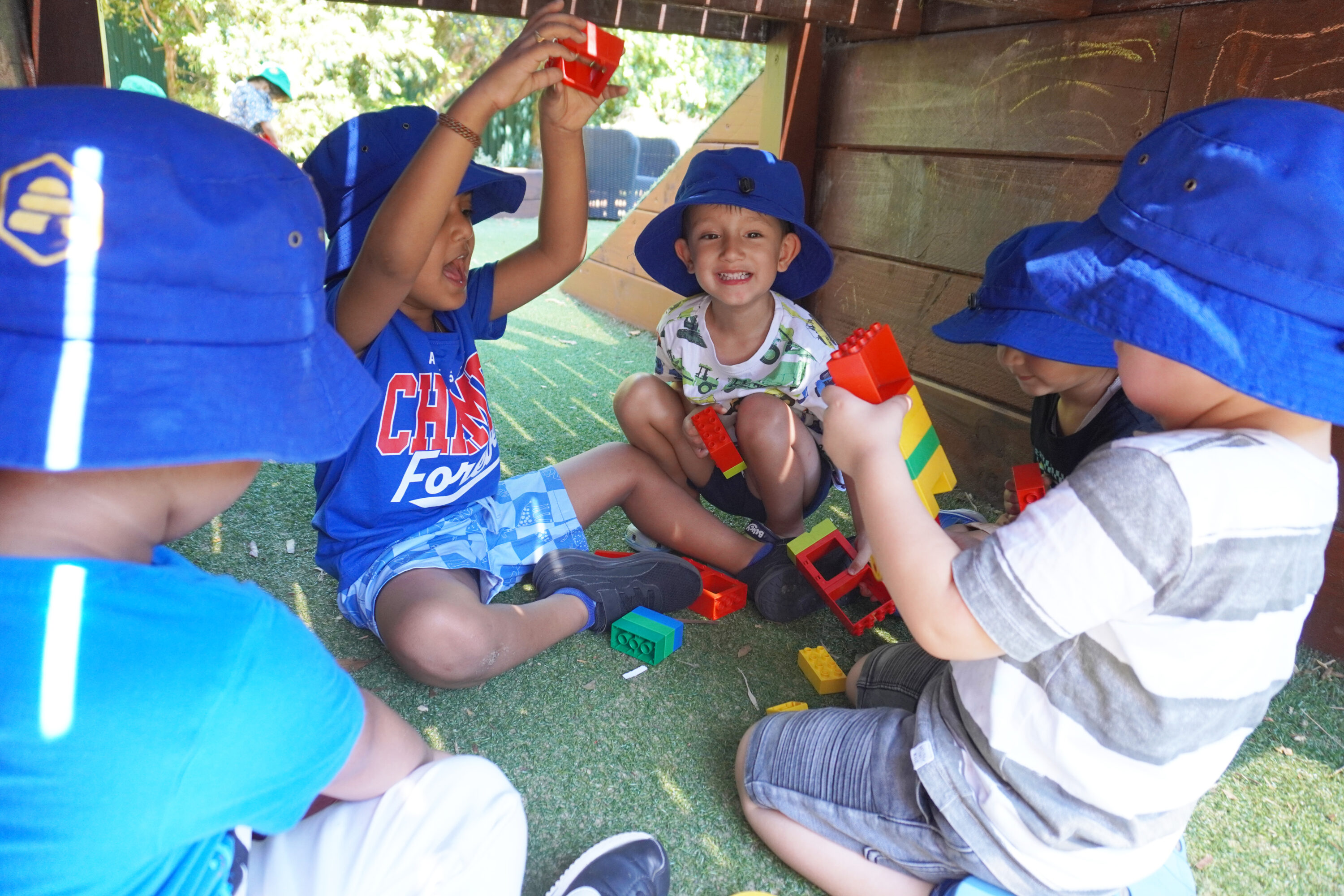
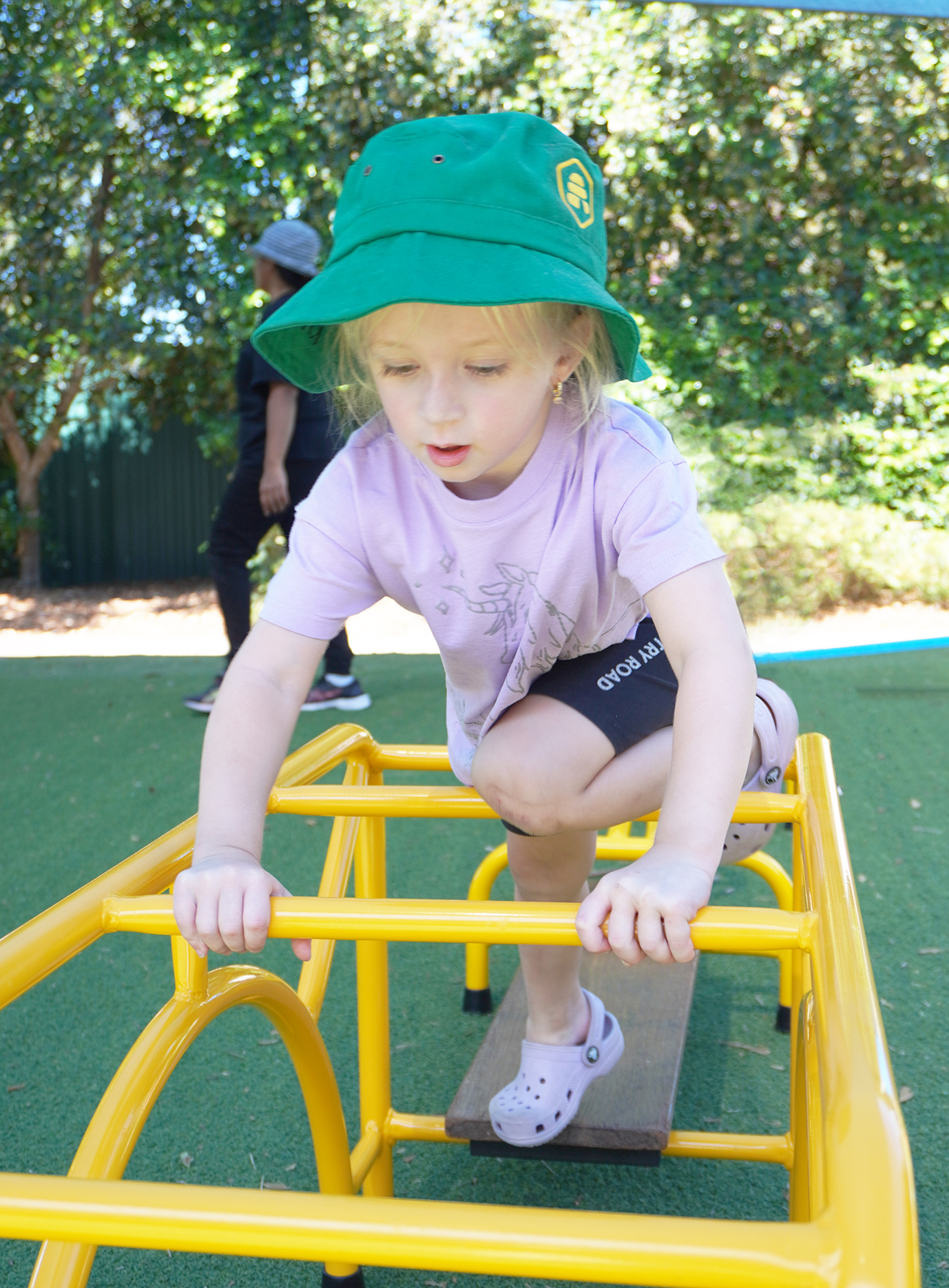
PHYSICAL DEVELOPMENT
Learning Experiences you may see:
- Obstacle courses, climbing, crawling, balancing
- Bike riding
- Balance beams, climbing frames
- Excursions to the local park or field
- Yoga/Stretching/breathing Development of
- Fundamental Movement skills – jumping, running, crawling, hopping
- Ball skills – kicking, throwing
- Games – Duck, Duck, Goose, Bug in a Rug.
Skills that are being developed:
- Balance
- Coordination
- Endurance
- Agility
- Crossing the midline (builds capacity for writing)
- Strengthening large muscles
- Building core-strength
- Bilateral coordination – the ability to use both sides of the body in a coordinated way (e.g. bike riding)
- Understanding of safety, risks and making choices for safe play
- Collaborative play and engagement with groups of children – turn-taking.
Share This Post
More To Explore
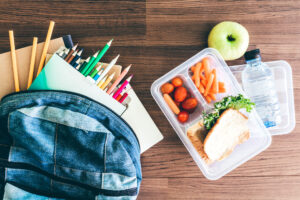
Healthy Lunchboxes
What children eat during their day at school plays a crucial role in their learning and development. Ambrose encourages families to create healthy and enjoyable lunchboxes.
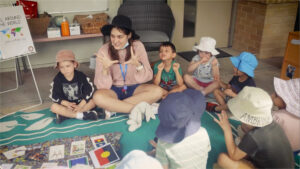
The Early Years Learning Framework
The Early Years Learning Framework is a national curriculum framework for early childhood education. It’s designed to ensure quality and consistency in early childhood education programs across all settings.
